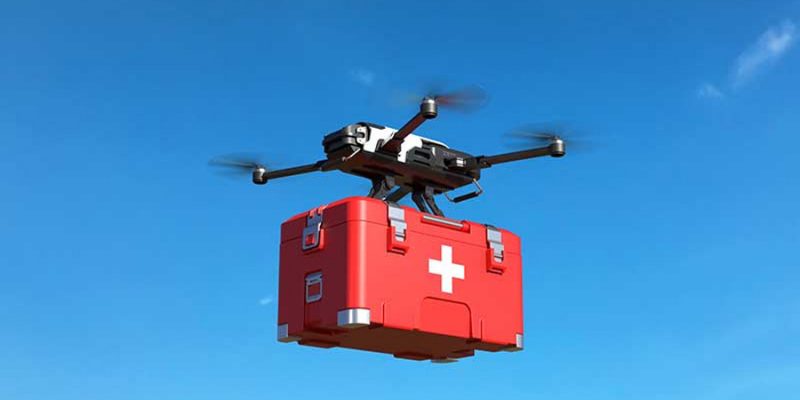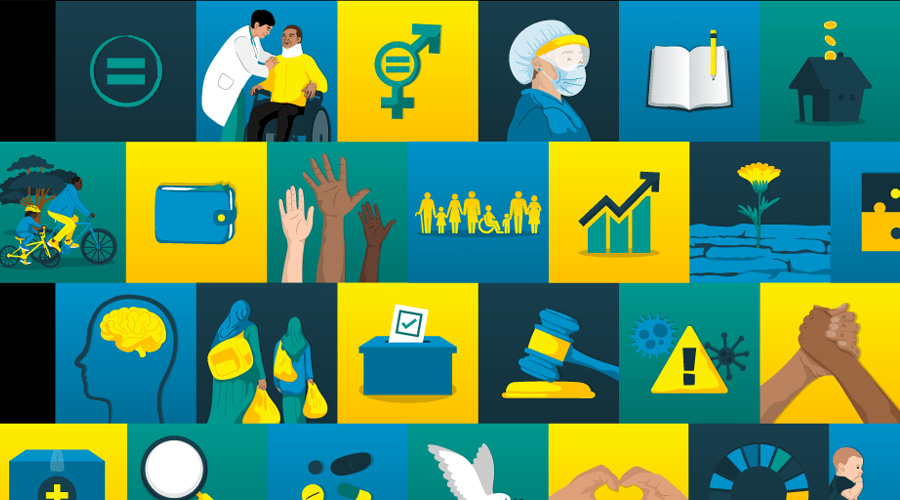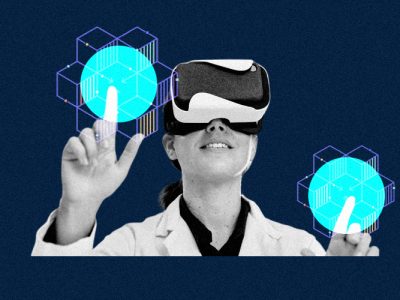
Here is a list of the top 10 Drones helping the Pharma Industry in its Supply Chain
Healthcare personnel has been under attack since the commencement of the COVID-19 pandemic. Supply chain interruptions have reduced access to everything from safety equipment to vaccines for both COVID-related illnesses and common diseases like the flu. Drones, also known as unmanned aerial vehicles (UAVs) or unpiloted aircraft, are remotely piloted aircraft that can be used to satisfy a variety of objectives and are an example of a new technology that is altering the transportation sector. Drones were once only used for military missions; however, they are now being used in a variety of commercial and civilian applications.
Drone delivery systems are thus no exception in the Healthtech and Pharma industries. Drones are giving the healthcare system and customers a new perspective. Despite the use of drones in healthcare still being in its early stages, the adoption rate is predicted to skyrocket in the next years. The advancement of technology increased investment, and government assistance will be the driving forces behind drone adoption. Similarly, similar factors are projected to increase the availability of healthcare products and services in rural areas.
Drone, as a modernized AI technology has the potential to be a helpful addition to the present healthcare system, with numerous advantages. The Covid-19 epidemic has spurred medical drone development and utilization in the last two years. Several companies have begun to investigate the use of drones in the delivery of critical medical supplies.
Here is a list of the top 10 Drones Acting as Aspirin for Pharma Supply Chain Headaches:
Swoop Aero
Swoop Aero’s solution is especially beneficial for reaching out to isolated or difficult-to-reach areas. The company’s technology tracks earthquakes, floods, wildfires, and volcanic eruptions, as well as provides live video monitoring feeds for determining safe landing zones and assisting in search and rescue activities. Drones may be linked to a company’s existing logistics network and can even fly to and from ships at anchor, bridging the gap between land- and sea-based activities.
Skyports
Skyports, on the other hand, is more concerned with developing the infrastructure needed to support drone flights. Skyports builds and runs vertiports for drones using Swoop Aero’s technology in collaboration with the National Health Service and Royal Mail in the United Kingdom, as well as FedEx (NYSE: FDX) in Ireland.
ZipLine
ZipLine, a San Francisco-based UAV company, signed a contract with the Rwandan government earlier this year to test transporting blood for transfusion around the country. Zipline, a drone delivery company, is widely regarded as a pioneer in the field, having begun humanitarian drone operations in Rwanda as early as 2016, delivering supplies such as pharmaceuticals and blood.
Flirtey
Flirtey, a Nevada-based firm, made its own autonomous delivery of food, water, and a first aid kit, bringing drone deliveries of first aid kits and emergency drugs one step closer.
HiRO (Healthcare Integrated Rescue Operations)
Subbarao, of Hattiesburg, Mississippi, is developing a telemedicine drone to help with the aftermath of natural catastrophes on US land. Following earlier tornadoes that left residents trapped and inaccessible by ambulances, he envisions his drone being GPS-guided and capable of dropping off medical items.
Vayu
Vayu Drones, which operate in Madagascar, have now successfully delivered excrement and blood samples to the country’s primary laboratory for testing. Although the drone resembles an airplane, it can take off vertically, eliminating the need for a runway. It will then fly to its destination on its own.
Tu Delft
The TU Delft Ambulance Drone is a prototype that has a cardiac defibrillator as well as a 2-way communication radio with video. In the event of a cardiac arrest, the drone would be dispatched to the patient, and onlookers would be briefed on how to conduct CPR and begin using the automatic defibrillator until emergency personnel arrived to take over.
Ehang
Lung Biotechnology PBC in the United States has agreed to create up to 1,000 units of EHang’s 184 drone, the world’s first autonomous drone capable of transporting a passenger. The goal is to automate the delivery of donated organs to patients across the country in times of need.
Project Wing
Alphabet, the parent company of Google, is also working on Project Wing, which will be utilized for disaster relief and the delivery of food, clean water, and other medical supplies. Both in the United States (partially) and Queensland, Australia, the concept has been successfully tested. The Federal Aviation Administration (FAA) gave it full authority last month to conduct full-scale testing at one of the FAA’s designated sites.
Wingcopter
Another drone delivery startup that has made a name for itself in the healthcare industry is Wingcopter. It established a partnership with unmanned aerial vehicle services provider Spright in January to deploy a “huge fleet” of its drones to enable quick deliveries of medical supplies, such as personal protective equipment (PPE) and lab samples, to rural, underserved, and hard-to-reach locations.
Drone delivery, combined with developing technologies like telehealth, has the potential to change healthcare delivery in the future years.



















